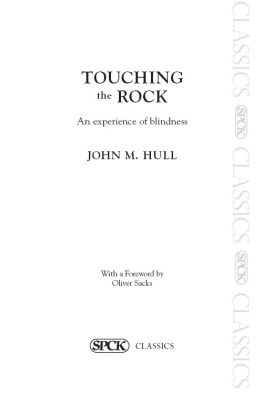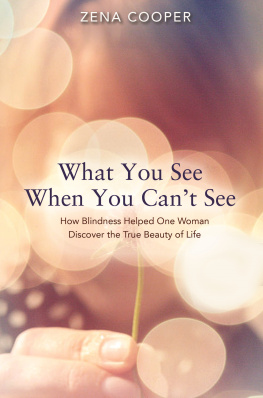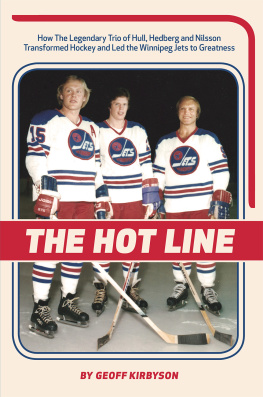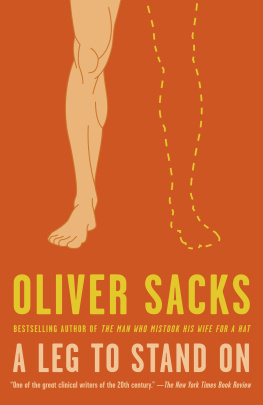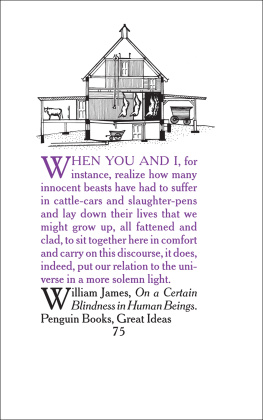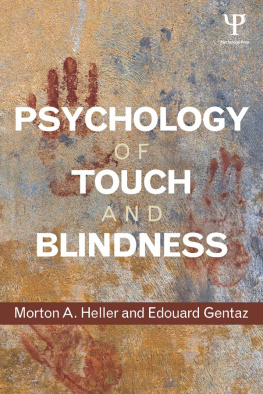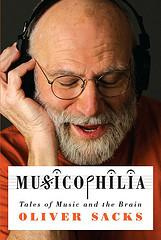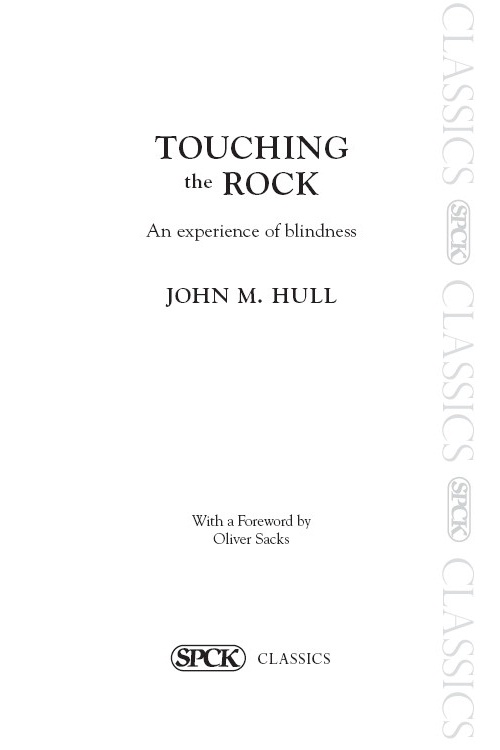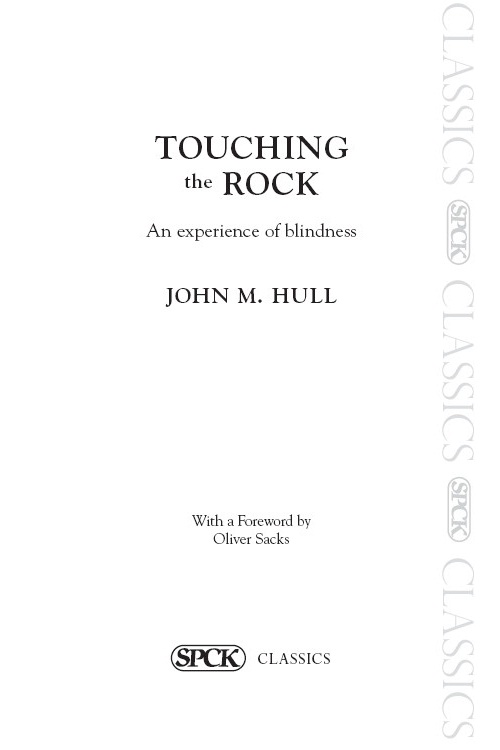Also by John M. Hull
Sense and Nonsense about God (1974)
Hellenistic Magic and the Synoptic Tradition (1974)
School Worship An Obituary (1975)
Studies in Religion and Education (1984)
What Prevents Christian Adults from Learning (1985)
The Act Unpacked: The meaning of the 1988 Education Reform Act for Religious Education (1989)
God-talk with Young Children (1991)
Mishmash: Religious Education in multi-cultural Britain. A study in metaphor (1991)
On Sight and Insight: A journey into the world of blindness (1997)
Utopian Whispers: Moral, religious and spiritual values in schools (1998)
In the Beginning There Was Darkness: A blind persons conversations with the Bible (2001)
Mission-shaped Church: A theological response (2006)
The Tactile Heart: Blindness and faith (2013)
First published in Great Britain in 1990
Society for Promoting Christian Knowledge
36 Causton Street
London SW1P 4ST
www.spckpublishing.co.uk
This edition published 2013
Copyright John M. Hull 1990, 2013
Foreword copyright Oliver Sacks 2013
All rights reserved. No part of this book may be reproduced or transmitted in any form or by any means, electronic or mechanical, including photocopying, recording, or by any information storage and retrieval system, without permission in writing from the publisher.
SPCK does not necessarily endorse the individual views contained in its publications.
British Library Cataloguing-in-Publication Data
A catalogue record for this book is available from the British Library
ISBN 9780281070732
eBook ISBN 9780281071166
Typeset and eBook by Graphicraft Limited, Hong Kong
To Marilyn
and to
Imogen, Thomas, Elizabeth, Gabriel and Joshua
Contents
There have been many autobiographies written by the blind narratives at once poignant and inspiring which bring out the emotional and moral effects of blindness in a life, and the qualities of will and humour and fortitude needed to transcend these. Touching the Rock is not such a tale: it has no clear beginning, middle or end; it lacks literary pretension; it eschews the narrative form itself and it is, to my mind, a masterpiece.
Touching the Rock was not written at a sitting, as a narrative, but was dictated at intervals at first daily, then occasionally after Professor Hull finally lost his sight completely, in his forties. What he provides are observations that are piercing in their immediacy and clarity, observations on every aspect of his now so-fearfully-transformed life and inner world. He describes how it is to cross the street; how terrifyingly and totally one can get lost when one is blind; how it is to find oneself ignored or infantilized; how the memories and images of peoples faces, ones own face too, no longer updated by actually seeing, become first fossilized, then faint, then disappear altogether; how relationships with ones family change; how the very concepts of place, space, here, there, presence, appearance become, by degrees, with the advance into blindness, completely emptied of meaning. There has never been, to my knowledge, so minute and fascinating (and frightening) an account of how not only the outer eye, but the inner eye, gradually vanishes with blindness; of the steady loss of visual memory, visual imagery, visual orientation, visual concepts (at one time he cannot remember whether a 3 points backwards or forwards); of the steady advance or journey (which for him takes five years) into the state which he calls deep blindness.
The observation is minute, and equally it is profound: everything is pondered, explored, to its limit every experience turned this way and that, until it yields its full harvest of meanings. The incisiveness of Hulls observation, the beauty of his language, make this book poetry; the depth of his reflection turns it into phenomenology or philosophy. If Wittgenstein had gone blind, he would have written such a book, sounding the depths of an ever-altering phenomenology of perception. And, indeed, in its style, its use of dazzling brief sketches and remarks, Touching the Rock is oddly reminiscent of Philosophical Investigations .
Hull himself writes in his Preface:
The relationship between dreaming and waking and the nature of consciousness itself is one of the persistent themes of this book. Other themes are the changing perception of nature, the transformation in my understanding of what a person is, and the problem of making sense of such terrible loss There are bits and pieces all over the place [and] if there is repetition, it is because the same problems and the same experiences went round and round, interpreted from many aspects.
And Wittgenstein in his Preface:
This was, of course, connected with the very nature of the investigation. For this compels us to travel over a wide field of thought criss-cross in every direction. The remarks in this book are, as it were, sketches of landscape which were made in the course of these long and involved journeyings. The same or almost the same points were always being approached from different directions, and new sketches made Thus this book is really only an album.
All this applies, equally, to Touching the Rock it provides, finally, a picture, or an album, of the utmost comprehensiveness, the landscape of deep blindness sketched from a hundred different points; it shows us, finally, the universe of blindness, and in a way which could not be done by any straightforward, consecutive, direct account.
It is not all darkness. As vision, and inner vision, disappear, other modes of perception become more intense and important, most especially those of hearing and touch. Some of the most beautiful passages in Touching the Rock describe this; there is a constant comparison, throughout the book, of the character of seeing and hearing, the essential contrast between visual and acoustic experience. Yet rain (and wind) sometimes seem to bridge this:
Rain has a way of bringing out the contours of everything; it throws a coloured blanket over previously invisible things; instead of an intermittent and thus fragmented world, the steadily falling rain creates continuity of acoustic experience Usually, when I open my door there are various broken sounds spread across a nothingness. I know that when I take the next step I will encounter the path, and that to the right my shoe will meet the lawn I know all these things are there, but I know them from memory. The rain presents the fullness of an entire situation all at once, not merely remembered, not in anticipation, but actually and now. The rain gives a sense of perspective and of the actual relationships of one part of the world to another I feel as if the world, which is veiled until I touch it, has suddenly disclosed itself to me.
As a neurologist deeply interested in the effects of sensory deficit and deprivation, and of the powers of compensation in other senses, I find myself riveted by the detail and obvious authenticity of such descriptions. Though there have been many accounts of blindness, none of them, to my knowledge, has explored its inner effects in the way that Hull does.
It is known that if there is damage to the visual parts of the brain, the visual cortex, there may be a loss not only of visual imagery and visual memory, but of all visual concepts, all visual thinking, of visual identity. The person may become a wholly non-visual creature. But if the visual parts of the brain have stopped working, or deteriorated, other parts of the brain the auditory and tactile by Hulls descriptions, seemed heightened in function. A similar enhancement (of vision of visual perception and imagery and discrimination and memory) may occur among those who are deaf; and here there is good evidence for physiological changes in the brain, for increased and finer responsiveness in the visual cortex, and additionally, a re-allocation of other brain areas, namely auditory cortex, for the purposes of visual processing. One would strongly suspect, from Hulls account, that there is, similarly, not only a lowering (and even extinction) of function in the visual cortex, but a heightening of function in the auditory and tactile cortex, and perhaps even some re-allocation of visual cortex for his now greatly enhanced auditory processing.

